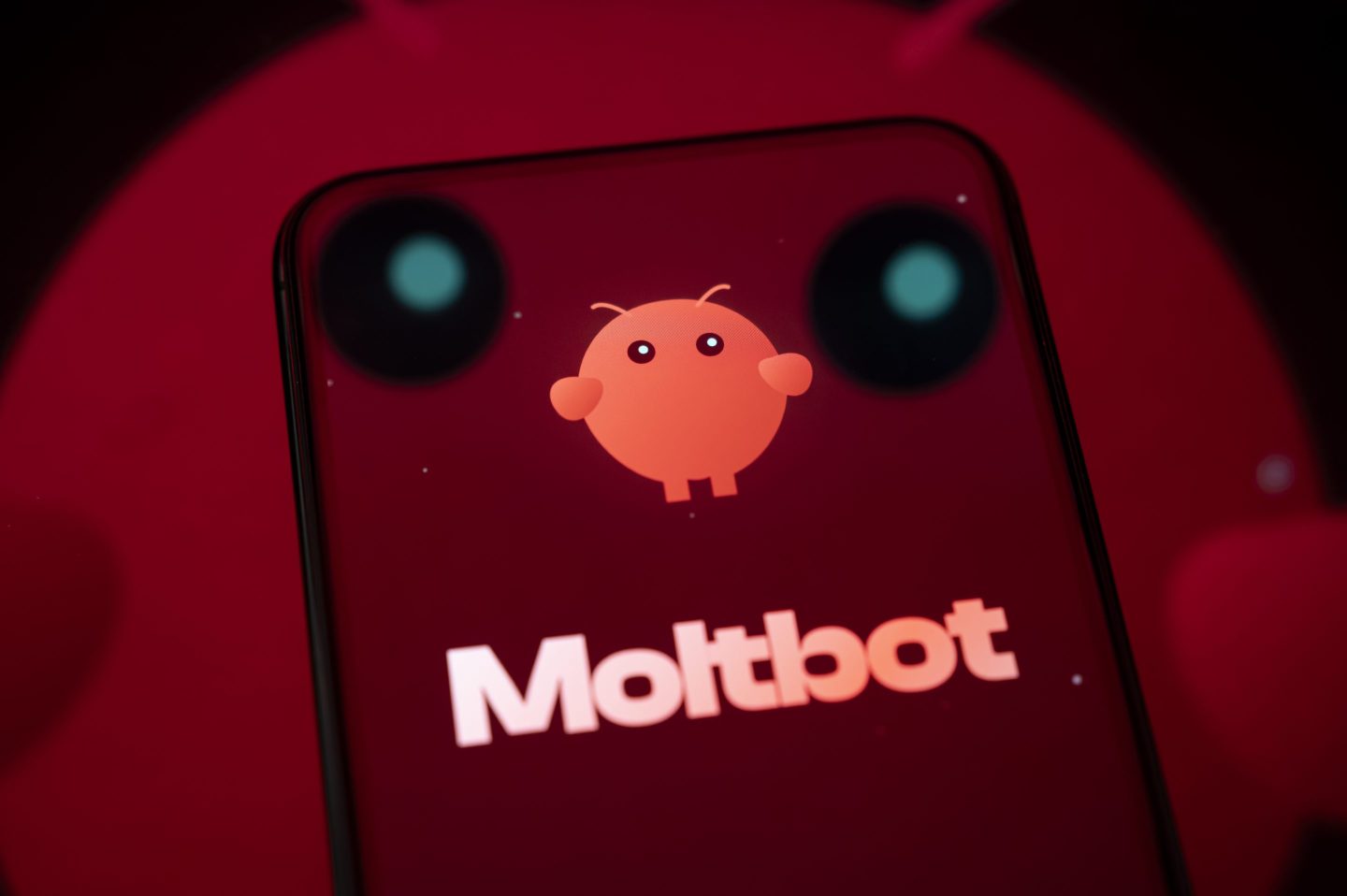Wall Street has been consumed for months with fears that the artificial intelligence boom is actually a bubble about to pop, but that didn’t stop Berkshire Hathaway from buying shares of a top AI hyperscaler.
Warren Buffett’s conglomerate revealed in a regulatory filing late Friday that it purchased 17.8 million shares of Google parent Alphabet during the third quarter. The stock jumped 4% in after-hours trading yesterday.
It was the biggest stock addition last quarter and was worth about $4.3 billion at the end of September. Berkshire also bought shares of Chubb, Domino’s Pizza, Sirius XM and Lennar.
Meanwhile, Berkshire maintained its position in Amazon, another AI hyperscaler, in the third quarter.
The addition of Alphabet comes amid a massive rally. Even after the most recent AI-fueled stock market selloff, Alphabet shares are still up 46% this year.
To be sure, Alphabet has been on Berkshire’s radar in the past. In 2019, Buffett’s right-hand man at the time, the late Charlie Munger, admitted that he felt “like a horse’s ass for not identifying Google better. I think Warren feels the same way.”
Back then, Google’s dominance in search piqued Berkshire’s interest. But today, the company is among the tech giants leading the charge into AI.
Alphabet, Amazon, Meta Platforms and Microsoft alone are spending hundreds of billions of dollars a year with no signs of a slowdown.
Morgan Stanley has estimated AI hyperscalers plan to spend about $3 trillion on data centers and other infrastructure through 2028.
The relentless capital expenditures, much of which is coming via debt, have made Wall Street nervous about whether AI companies will be able to translate all those outlays into sustainable revenue and profits.
With Buffett due to step down as Berkshire’s CEO by year’s end, it’s not immediately clear whether he, successor Greg Abel, or another top executive made the call to buy Alphabet stock.
And investors may not hear directly from the “Oracle of Omaha” on the matter. In a letter published Monday, Buffett said he’ll be “going quiet,” and will no longer write Berkshire’s annual report, nor talk “endlessly” at the annual meeting.
Leading up to Buffett’s departure, Berkshire has been taking a cautious stance on the stock market as well as company acquisitions, sending its cash pile to record highs.
Buffett’s closely followed stock portfolio continued to shrink overall, as last quarter marked three straight years of net selling. The most recent round of selling included more shares of Apple, which Berkshire has been steadily offloading for more than a year.













